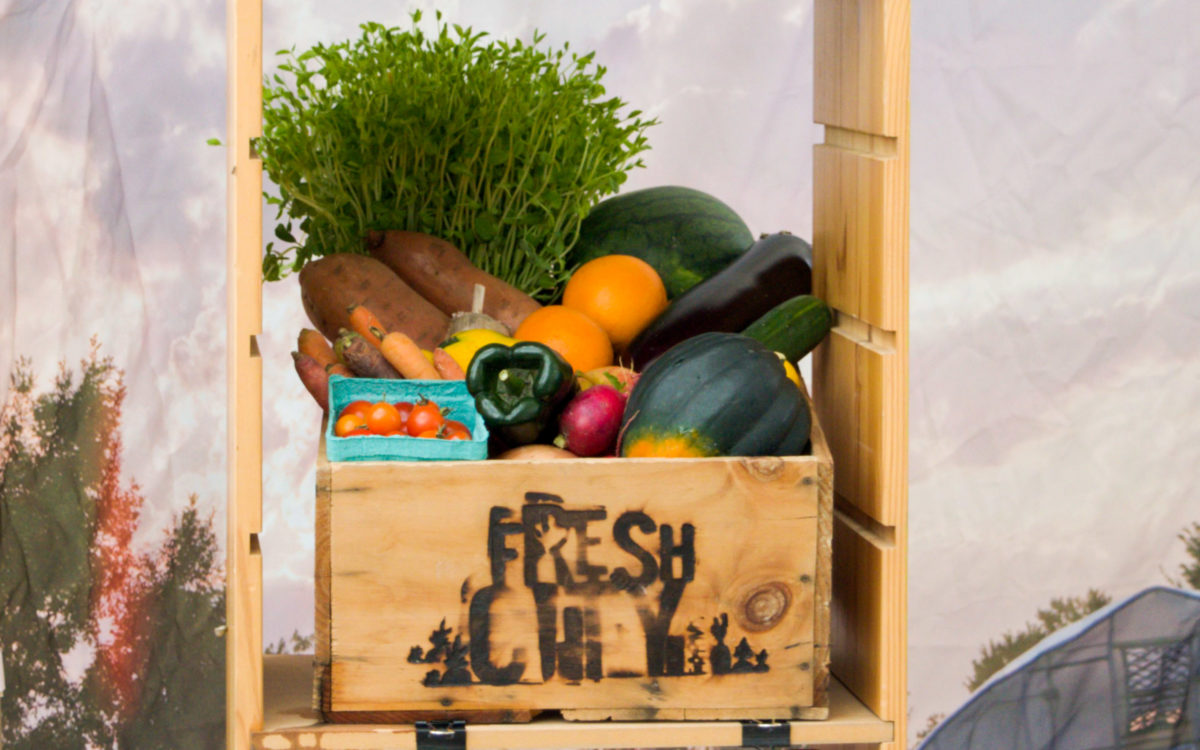Food initiatives at George Brown mostly steer clear of organic products due to price
As stated in the popular cookbook, Thug Kitchen, “when it comes to marketing, food companies pull all kinds of nonsense to sell consumers their bullshit.”
With a variety of different food labels and advertising posing as food labels, one can easily get lost determining which product is healthier, particularly with organic food.
Although the definition might vary from country to country, organic foods generally mean foods produced by methods that meet the standards of organic farming. According to the United Nation’s Food and Agriculture Organization, growing organic food means, “eliminating the use of synthetic inputs, such as synthetic fertilizers and pesticides, veterinary drugs, genetically modified seeds and breeds, preservatives, additives and irradiation.”
As a culinary-obsessed school, George Brown College (GBC) has surprisingly little organic foods available to the students. The approach of food initiatives at the school, though, is sensitive and the absence of organic label does not mean the food is harmful.
“Though we may not necessarily use organic, I do know we make every attempt to source local where possible and in season,” said chef Patrick Secord, program coordinator of integrated culinary management at GBC. The location of all products from George Brown’s vendors is traceable to its origins, he added.
Other food sources at GBC, Good Food Market (GFM) and the food bank, occasionally have organic products, said Mireya Forero, garden coordinator at the GBC Student Association, which funds The Dialog. “It is not frequently, though, because organic products are expensive and students cannot afford them at the GFM.”
The Chef’s House, GBC’s student run restaurant is also reluctant to use organic products because of the cost. “General speaking, we don’t really particularly buy organic products at The Chefs’ House,” said Oliver Li, chef instructor at the student-run restaurant. “The main reason I would say is because of price point.”
One reason why organic items cost more is simple: obtaining certification is expensive. According to Statistics Canada, the average farm in Ontario is 244 acres. If a non-greenhouse vegetable farm of that size were to be certified by Pro-Cert Organic Systems, one of the larger certification companies in North America, it would cost at least $880. The cost of certification goes up if the farm has any on-site processing operation, greenhouses, livestock, and so on. Certification prices are such that many farms cannot afford the certification even though their farming is completely organic.
Organic farming has been around for ages, it just was not named that. The organic movement arose in 1940s as a response to industrialization of agriculture.
In June 2009, the Organic Products Regulations came into force in Canada. Since then, all organic products that travel across provinces and internationally must be certified in order for a product to be labelled organic. All farmers, processors, retailers and certifiers now have to comply with the Canadian regulations, according to the Organic Federation of Canada (OFC) website.
With the exception of Quebec, New Brunswick and Manitoba, products grown and sold in the same province do not need to be certified in order for the seller to say that the product is organic. In Ontario, for example, in order to ensure that locally produced products are actually organic, a buyer would have to contact Consumer Protection Ontario to check the product’s organic authenticity. For certified products consumers can ask to see the organic compliance certificate issued by the certifier who inspected the product.
Another thing to keep in mind is the product itself. Fruits and vegetables with thick skin do not have to be organic, a fact proven by the Environmental Working Group, a non-profit, non-partisan advocacy group for human health and the environment. Their Shopper’s Guide to Pesticides in Produce ranks pesticide contamination on 48 popular fruits and vegetables based on the USDA research. Annually updated, the 2016 Clean List include avocados, corn, pineapples, cabbage, sweet peas and 10 more items that do not require an organic certification to be good for you.
Last but not least, the word organic in a company’s name does not necessarily mean they offer organic products. Due to high popularity of the word (and the excuse it gives to raise the prices), multiple companies misuse the word and confuse consumers.


